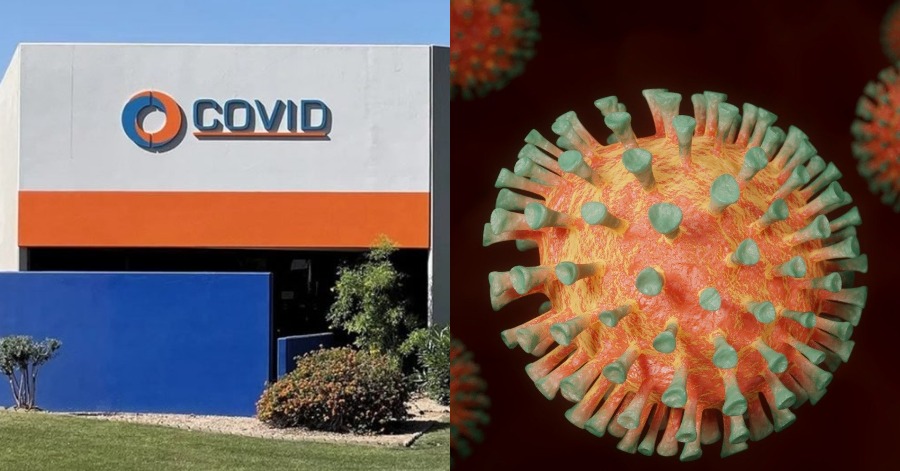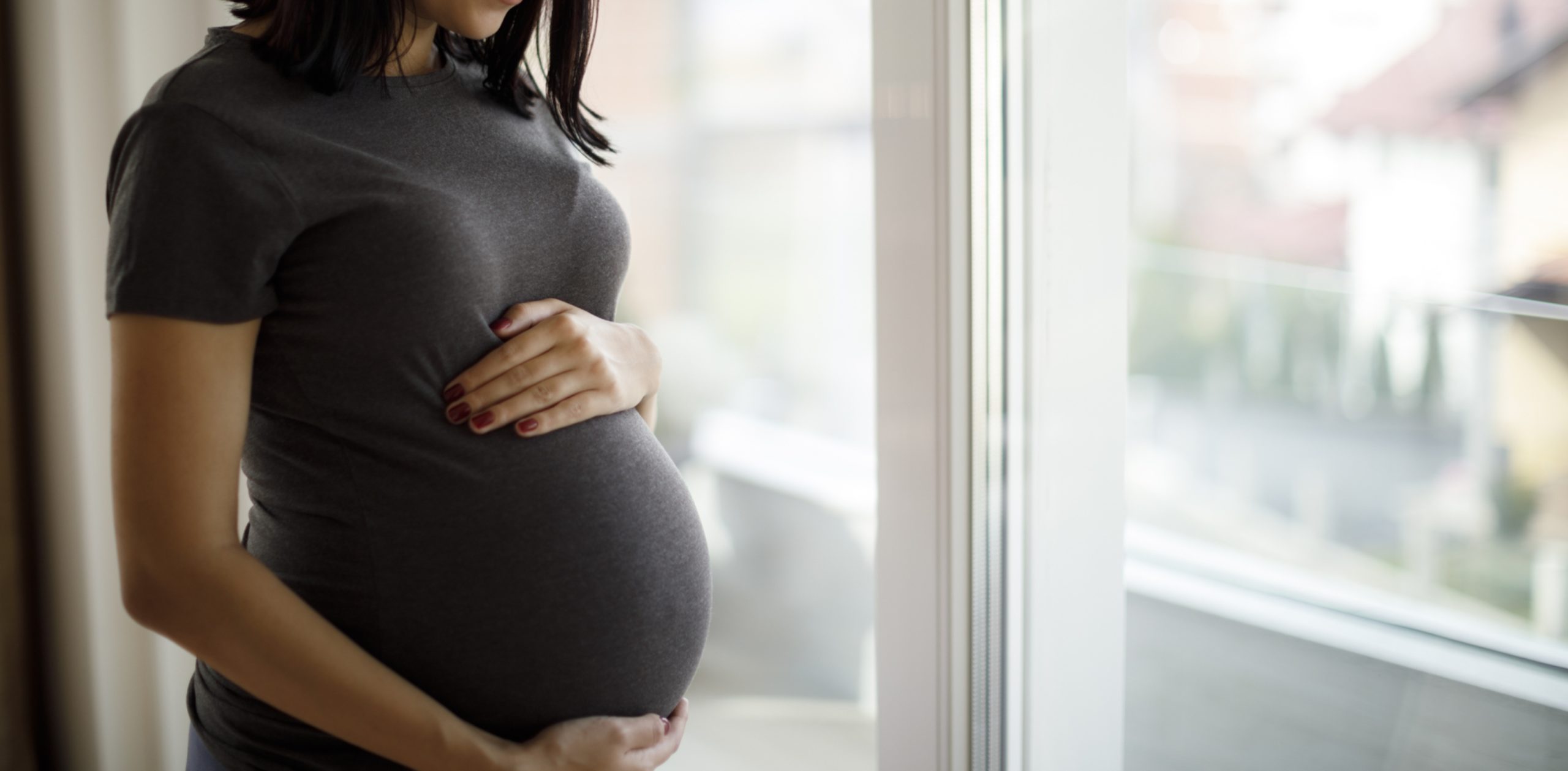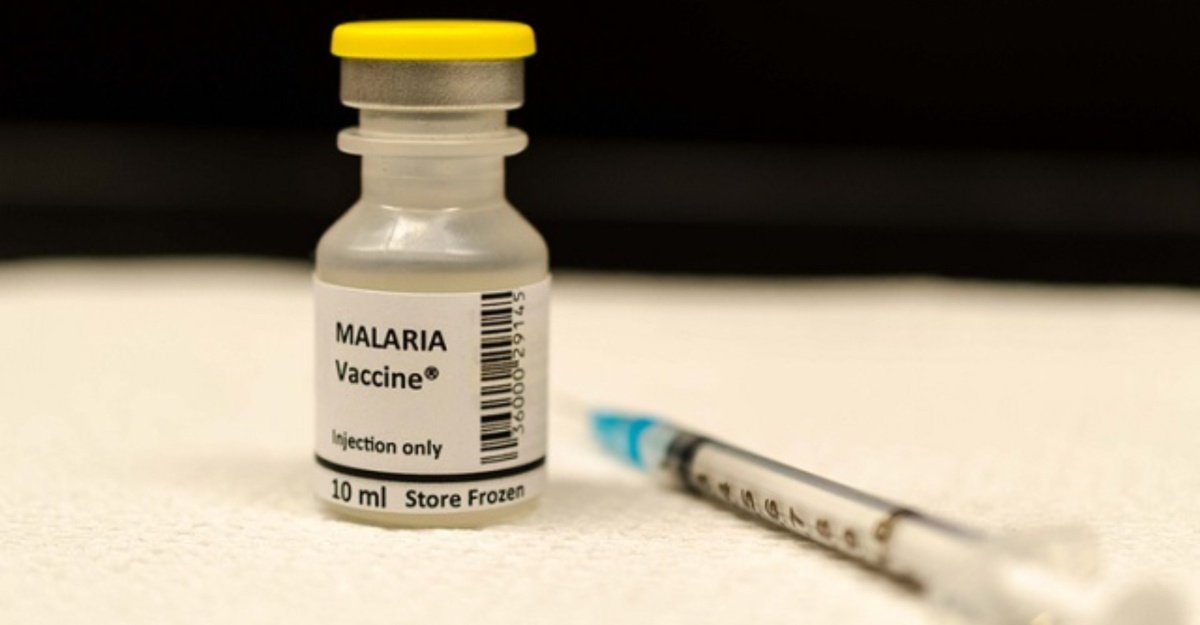WASHINGTON, May 20 — One of the most common misleading rumours regarding the COVID-19 vaccine is that it will impact fertility, which experts say is not based on fact and has been repeatedly debunked, Xinhua news agency quoted Fox News on Wednesday.
It is believed that the false report first surfaced on social media and included misinformation about the spike protein associated with coronavirus.
The false information claimed that the spike protein was the same as another spike protein called syncitin-1, which is involved in the growth and attachment of the placenta during pregnancy. The rumour claimed that the vaccine would cause a woman’s body to fight the spike protein, impacting fertility.
“The two spike proteins are completely different, and getting the COVID-19 vaccine will not affect the fertility of women who are seeking to become pregnant, including through in vitro fertilisation methods,” Johns Hopkins Medicine experts Andrew Satin and Jeanne Sheffield were quoted as saying.
Satin, director of gynaecology and obstetrics, and Sheffield, director of maternal-fetal medicine, pointed to Pfizer-BioNTech’s trial data as further evidence. During the clinical trial, 23 female volunteers became pregnant, and the only one to suffer pregnancy loss was in the placebo group.
“Women actively trying to conceive may be vaccinated with the current COVID-19 vaccines — there is no reason to delay pregnancy after completing the vaccine series,” the experts said.
Their findings echo those of the Centres for Disease Control and Prevention (CDC), which currently states that there is “no evidence that any vaccines, including COVID-19 vaccines, cause fertility problems — problems trying to get pregnant.”
“CDC does not recommend routine pregnancy testing before COVID-19 vaccination,” the agency stated. “If you are trying to become pregnant, you do not need to avoid pregnancy after receiving a COVID-19 vaccine. Like with all vaccines, scientists are studying COVID-19 vaccines carefully for side effects now and report findings as they become available.”
Sources: BERNAMA









Leave a Comment